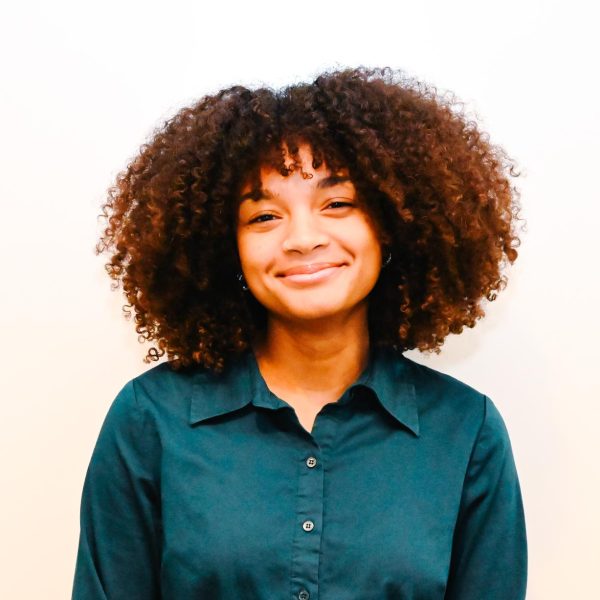Growing up in Massachusetts, the best state for education, I have had the incredible privilege to be taught by passionate instructors and engage with robust curricula. Unfortunately, however, many children in Massachusetts do not share my experience, pointing to gaping disparities in the quality of education. Across the state, 225,000 students attended substandard segregated schools, and the practice of school choice in Boston has further exasperated educational inequalities —especially along racial lines.
Experiencing the insanity of school choice has allowed me to see a major issue within these practices: well-off parents can send their children to high-quality schools close to home, pave the way for them to be accepted into exam schools, and afford private education. Low-income parents — who are overwhelmingly Black and Latine — have less access to good schools, as there are fewer options on the “choice lists” for those who live in low-income neighborhoods. Families, then, are left with few options simply because they cannot access them.
There are far too many options for the education of children in Boston: public schools, exam schools (select public high schools with an admissions test), charter schools, private schools, and the METCO program. Having such a wide and wild range of options has further exasperated socioeconomic and racial disparities in education and hinders progress towards improving public schools.
Conversations about school choice are particularly important now because of the incoming President’s goals for American education. Trump’s presidential campaign emphasized the need for the “protection of parents’ rights,” and promised to support universal school choice. School choice initiatives are typically conducted by the states, but the Republican-controlled Congress could create a federal school choice program funded by the taxpayers.
In Iowa, Utah, Arkansas and Florida, all families are qualified for thousands of state funded dollars a year to send their children to private schools. However, this comes at a price: diverting funds from public schools exasperates systemic issues and alternate schooling options aren’t necessarily better. Private schools aren’t bound by state regulations, impacting more than just curricula — they are breeding grounds for discrimination. What’s more, voucher programs expose serious civil rights issues. Non-public schools are known to racially discriminate against disabled, LGBTQ+, and Black and Brown students, such as through dress codes that impact specific groups of students, like hairstyle limitations
But isn’t this what Trump has always wanted? People understand him to be the commander leading the charge in the war on “wokeness” and “left-wing indoctrination” in schools. The right uses buzzwords — what is “wokeness,” anyway? — and propaganda to fabricate a reality where children are being taught “critical race theory, transgender insanity, and other inappropriate racial, sexual or political content.”
Trump has peddled astounding allegations that children are receiving gender affirming surgeries during the school day and proposed that he would provide “restitution” for those “hurt” by “equity” polices, reflecting an increasing sentiment on the right that paints white people as victims of diversity initiatives and affirmative action. During Trump’s first presidency, his administration attempted to quash DACA, a mission which will most likely be revived.
On the campaign trail, Trump promised to dismantle the Department of Education; cut federal funding for schools that teach Critical Race Theory (CRT) or “gender ideology”; crack down on Diversity, Equity and Inclusion initiatives; remove protections from Title IX that ban sex-based discrimination; and deport international college students who protest the U.S.’s support for the genocide in Gaza.
As a Boston Public Schools graduate and a UMass Boston student, I have been entrenched in public education for nearly the entirety of my academic journey. It’s imperative that the future generations of students are able to experience the same education that I did.


